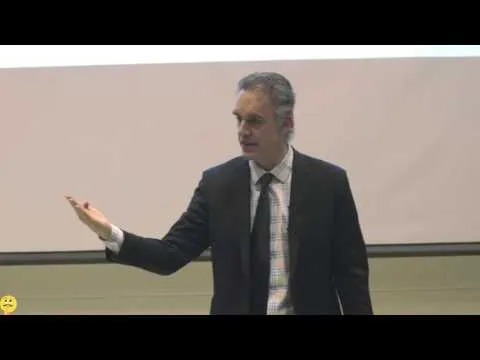The discussion (or more accurately, the battle) surrounding @haejin has got me thinking about distributions of wealth in larger contexts. Much of the appeal for crypto in general stems from a dis-satisfaction of the current wealth control and distribution in our nation's fiat currencies. There are obvious problems with these systems, and we should take steps towards bettering them. However, I do not think that the existence of these problems overall speaks in any way to a failure of the platform. Instead, it is a natural phenomenon of human nature. Unequal distribution of wealth is inevitable to a degree. Jordan Peterson speaks about this topic often, you can see one of his lectures below. Please note: This is just me thinking out-loud. I am always happy to entertain different views and opinions. Let me know what you think!
Steemit Wealth Inequality: Inevitable?
Politically, this is also a hot topic, as anti-capitalism movements in US universities become increasingly loud. There seems to be a sense that the unfairness which exist in a system are a reflection of the system itself. I would disagree with this sentiment. I do not think that Steemit, fiat currencies, or capitalism are inherently unfair. Rather, I think that the inequality within these systems is a reflection of natural tendency. Taking this into account, some systems are better than others. The less trust that is required in people doing the right thing the better. Each situation is made up of many individual cases of injustice (such as the @haejin, reward pool rape conversation), but these particular instances do not mean that the Steemit platform is inherently unfair.

Even in ethical situations, where it is good content taking the lion's share of the rewards, there still is not going to be proper distribution to the minnows. It is a fact of human life, and nature itself. The successful actors are rewarded non-linearly for their efforts. Hierarchies always form within a social or economic context, it is not a property of each context itself.
The Principle of Unequal Distribution
When a defeated lobster regains its courage and dares to fight again it is more likely to lose again than you would predict, statistically, from a tally of its previous fights. Its victorious opponent, on the other hand, is more likely to win. It’s winner-take-all in the lobster world, just as it is in human societies, where the top 1% have as much loot as the bottom 50% -- and where the richest eithy-five people have as much as the bottom three and a half billion.
-Jordan Peterson, 12 Rules for Life (Page 8)
This gives me hope, that Steemit is not the problem in these situations. We, the users, are the problem. We can change our voting habits. We can change how we value content. We can make the distribution of wealth how we think it should be. We can all collectively fight against bad actors, and create a better ecosystem. But just because the ecosystem will never be perfect does not mean that it is the platforms problem.
This is not to discount all of the particular issues that Steemit, governments, or social systems have. And we should work to improve them. I only am arguing that the existence of vast inequity does not speak to the actual system itself, and rather is an arising property in all systems. We can be the change that we want to see in our ecosystem. Continue to fight for what you think is right!
Thanks for reading!
